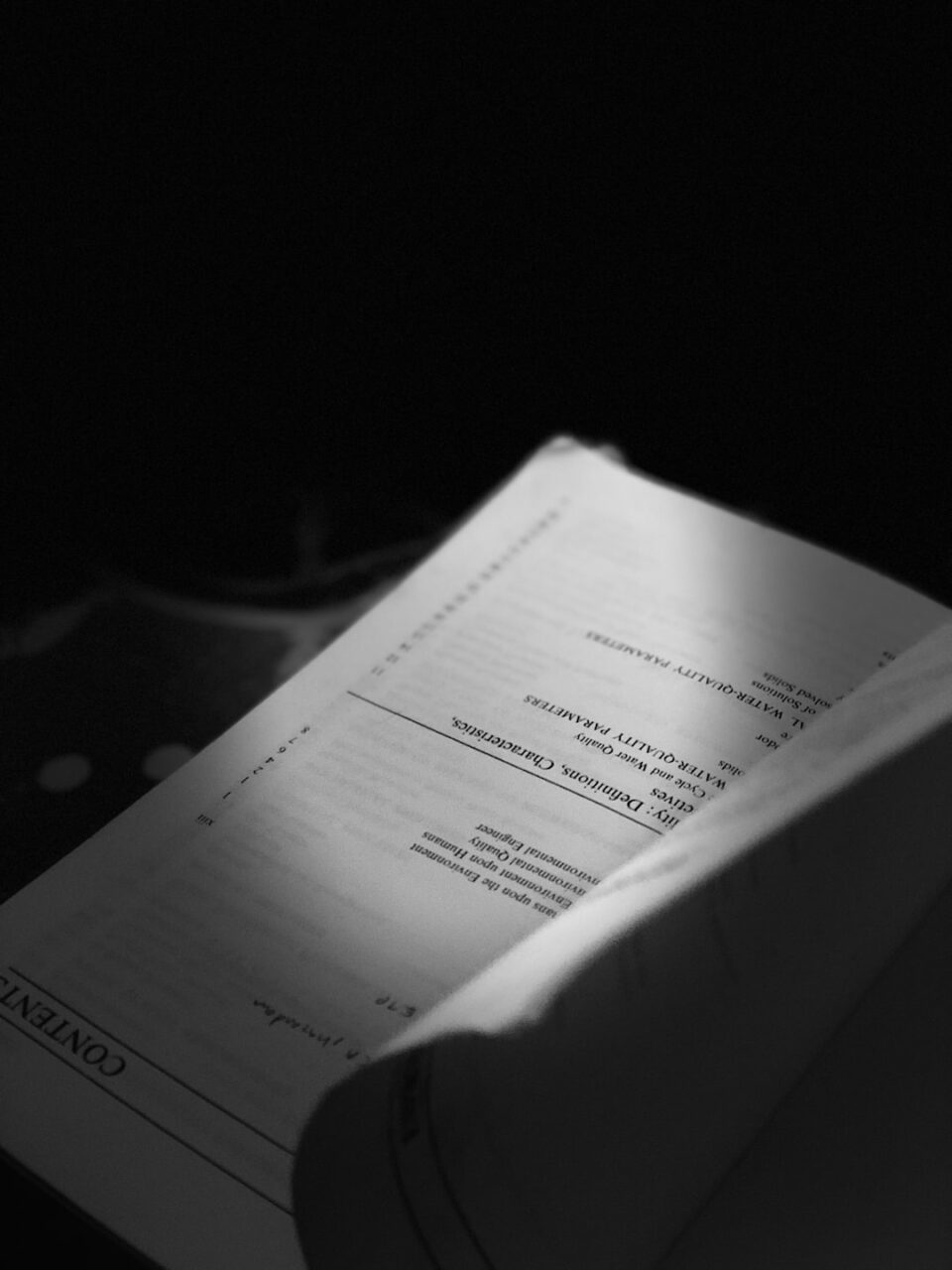Exploring Constitutional Law: Safeguarding Individual Liberties
Constitutional law serves as the foundation of any democratic society, ensuring that fundamental rights and freedoms are protected. It establishes a framework within which government powers are limited, preventing encroachments on individual liberties. In this article, we will delve into the significance of constitutional law in safeguarding these cherished rights.
Individual liberties are the bedrock of a free society. They encompass the rights to freedom of speech, religion, assembly, and the press, among others. Constitutional law exists to prevent abuses of power by the government and to uphold these cherished liberties. It ensures that all citizens are treated fairly and equally, regardless of their race, gender, or background.
One of the most crucial aspects of constitutional law is the principle of due process. This principle guarantees that every person is entitled to fair treatment under the law. It prevents arbitrary deprivation of life, liberty, or property by the government. Due process requires that individuals facing legal proceedings have access to a fair trial, legal representation, and protection from self-incrimination. These safeguards are vital in ensuring that justice is served and innocent individuals are not unjustly punished.
Another fundamental aspect of constitutional law is the principle of equal protection. This principle prohibits the government from discriminating against individuals based on certain characteristics such as race, religion, or gender. It ensures that all citizens are treated equally under the law. By prohibiting discriminatory practices, constitutional law promotes fairness, social cohesion, and inclusivity.
Furthermore, constitutional law protects individuals’ privacy rights. It safeguards against unwarranted government intrusions into people’s personal lives. This protection extends to areas such as communications, bodily autonomy, and personal information. By preserving privacy, constitutional law fosters an environment of trust and respect between individuals and the state.
Additionally, constitutional law plays a crucial role in protecting individuals’ freedom of expression. It guarantees the right to openly express ideas, opinions, and beliefs without fear of censorship or persecution. This freedom is vital for the functioning of a democratic society as it allows citizens to engage in public debate, hold their government accountable, and promote social progress.
In conclusion, exploring constitutional law reveals its central role in safeguarding individual liberties. By establishing a framework of due process, equal protection, privacy rights, and freedom of expression, it ensures that all citizens are treated fairly and equally. Constitutional law acts as a shield against government abuses of power and encroachments on fundamental rights and freedoms. It is a cornerstone of any democratic society, constantly evolving to meet the ever-changing needs and challenges of a progressive world.

